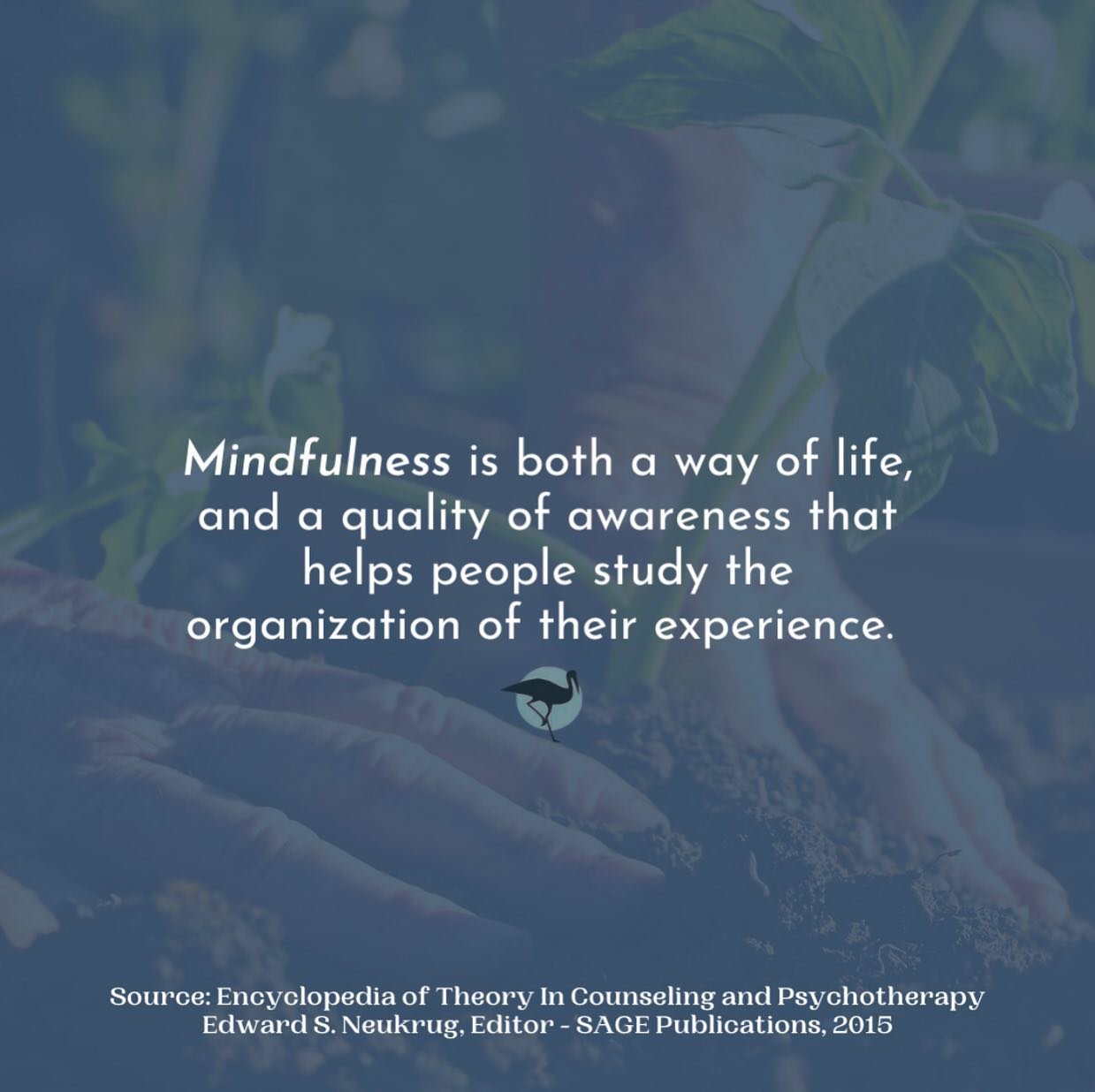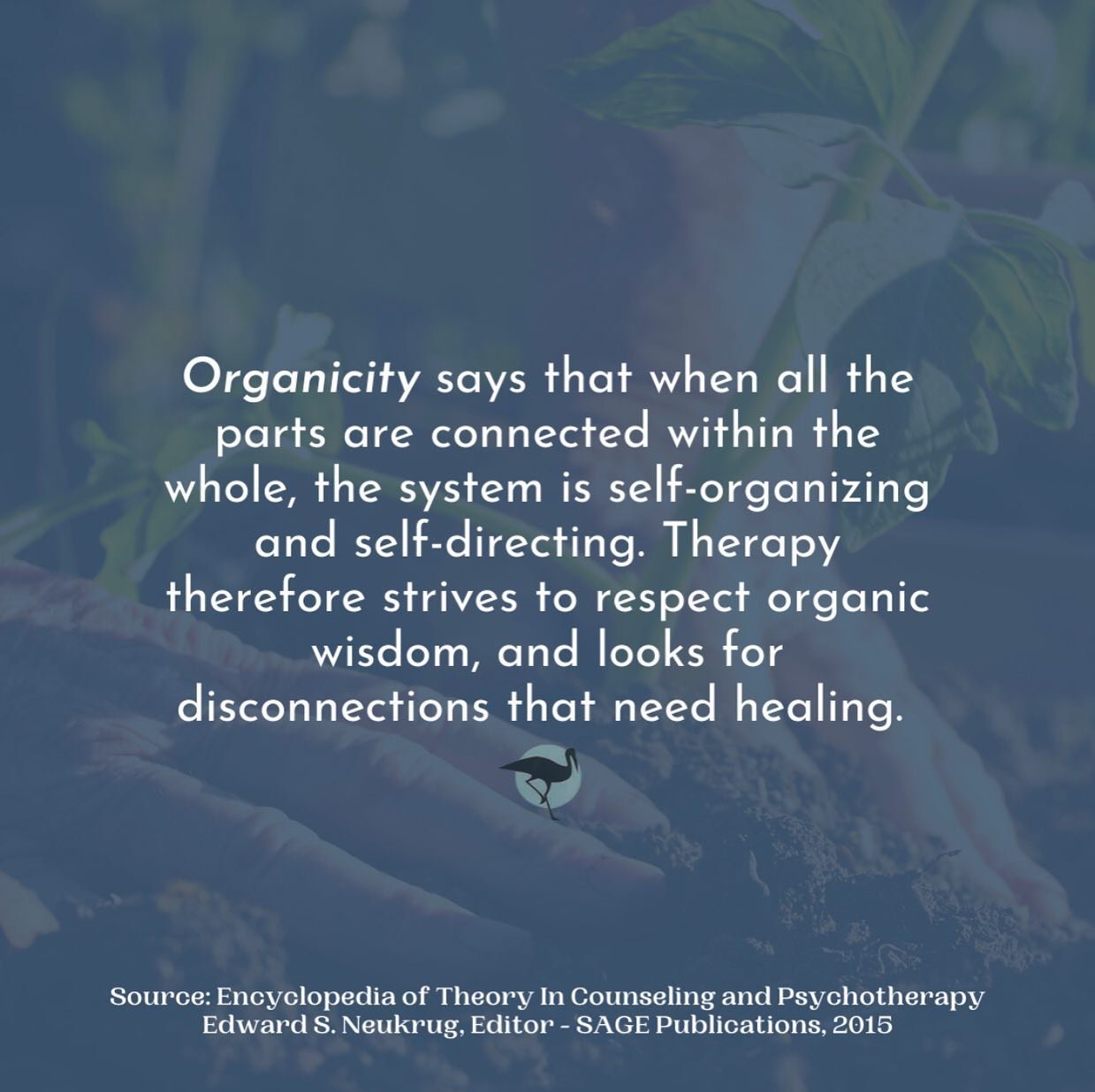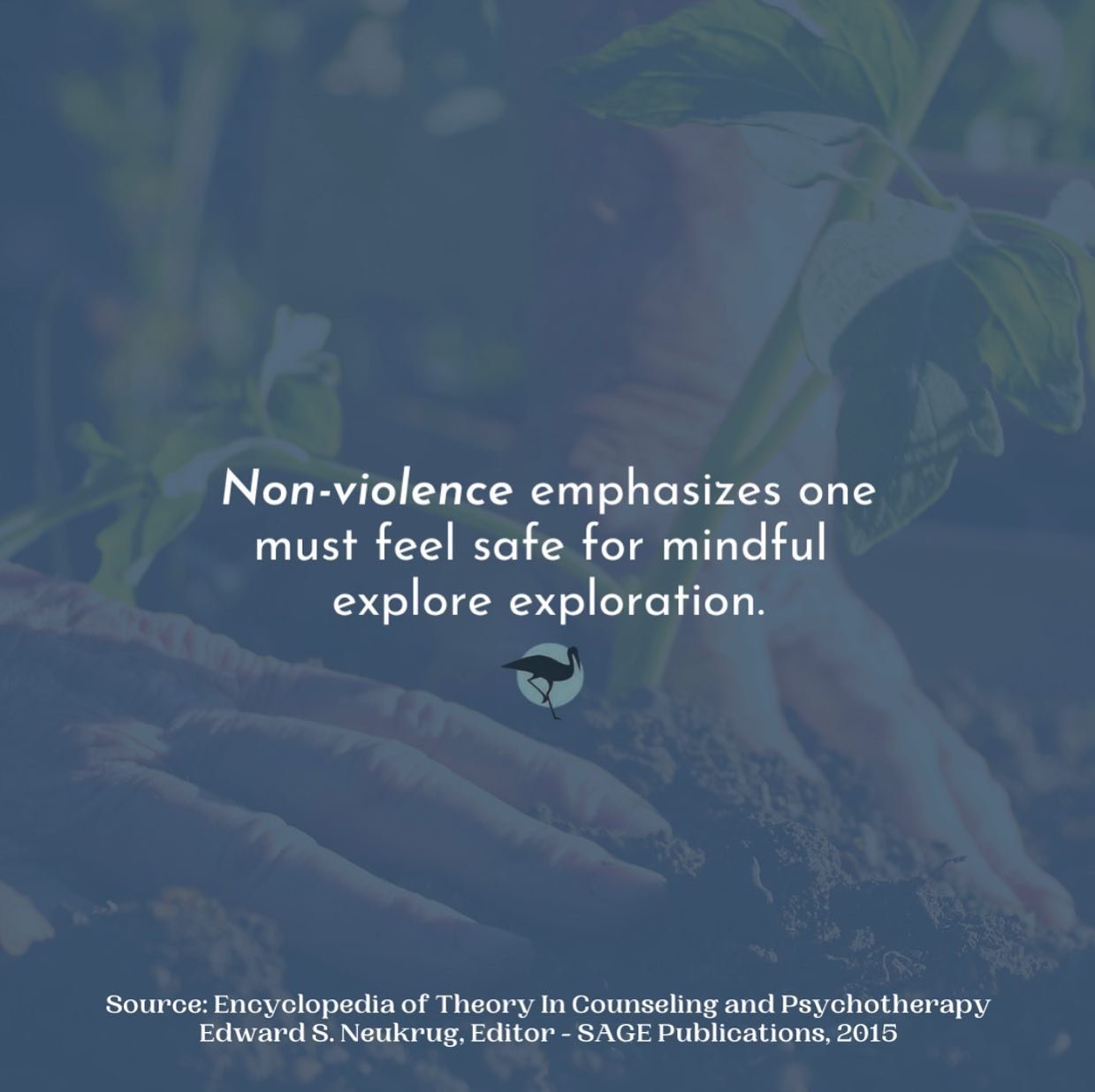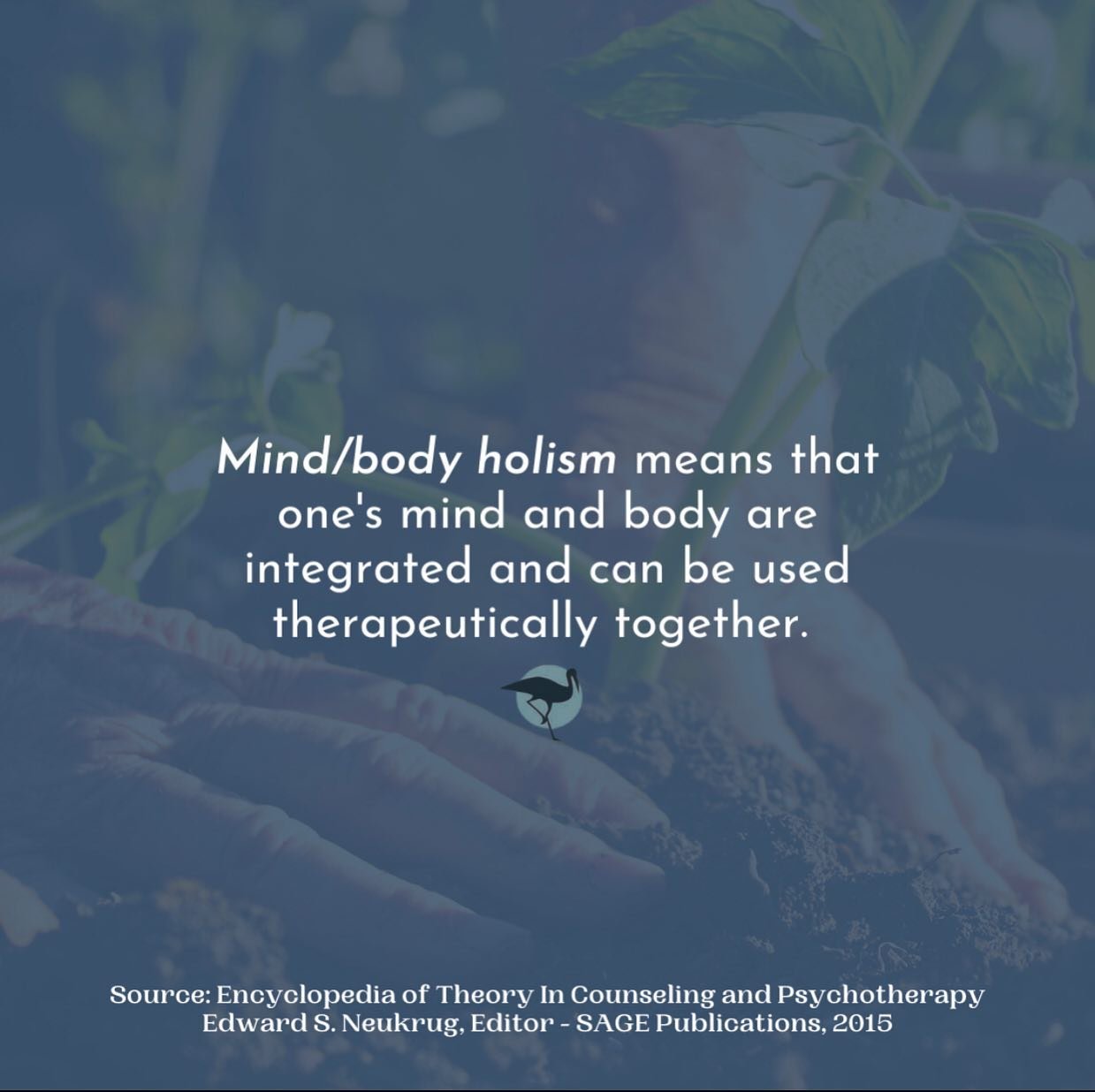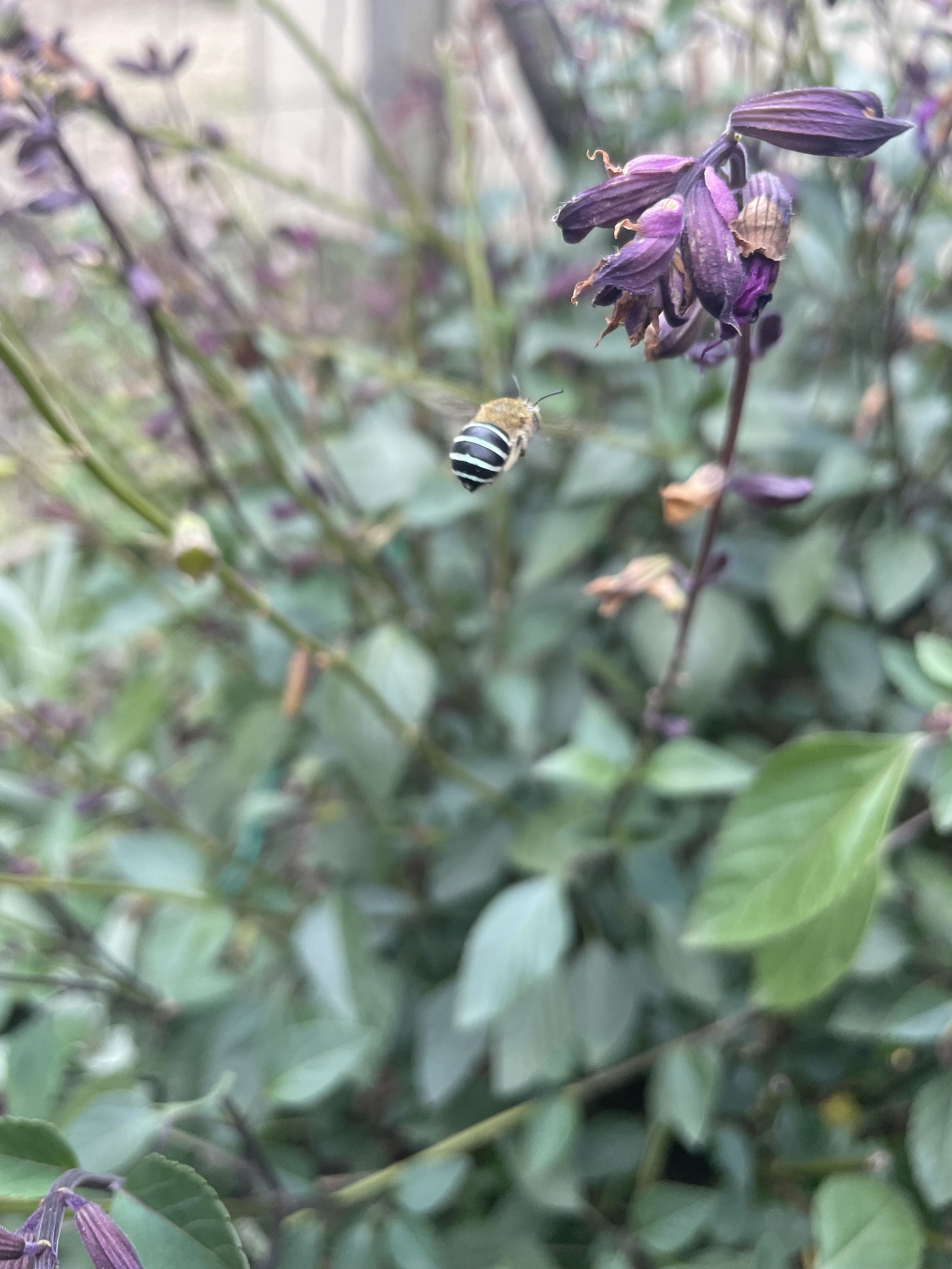
Mindfulness-Based Somatic Psychotherapy
Hakomi
“Mindfulness is often described as ‘being in the moment’, but it is more than that. It’s about making a deliberate choice to pay attention to your immediate experience… and to do so in a particular way, that is, without judgment and with compassionate, open-minded curiosity” Pauline Franks-Pearson, nature journalist and meditation teacher.
All photos below joyfully taken in my backyard.
Mindfulness-Based Somatic Psychotherapy (Hakomi)
Somatic psychotherapy is the ever-growing field of psychotherapy that deeply values the body as both the holder of past patterns, and also the source of the wisdom for growth and healing.
Hakomi is a specific somatic psychotherapy approach with philosophical roots in Taoism and Buddhism. It draws on, and has influenced, other modalities including Gestalt Therapy, Bioenergetics, Internal Family Systems, Psychomotor Therapy and Feldenkrais Method. You can read more about the method here and here.
Where there is an interest, I weave the Hakomi approach with expressive arts and movement practices. I find this supports the flow of creative wisdom. The natural environment, of which we are part, is present in sessions at all times.
What you can expect in a session
Cultivating a state of mindfulness and self-compassion forms the foundation of our sessions. This allows us to observe how we are organised kindly, and without falling into reactive patterns.
We study thoughts, emotions and sensations in the body; areas of stuckness or strong emotion; get to know ‘parts’ and how these relate to current and past experiences.
We can engage in inner-child activities to offer ‘unburdening’, missing experiences and healing of old wounds. We might also take time just hanging in moments of wholeness (Self energy), embodying and integrating the possibility of being expansive.
Our goal is to move towards a greater wholeness - with all parts of our system relating freely, and an awareness of our relatedness with the whole world.
Somatic psychotherapy training
My training in Hakomi includes completion of the three-year Professional Training program at the Australian Hakomi Institute; One-year Hakomi Embodied Awareness Relationship Training H.E.A.R.T; Level one of Trauma to Dharma with Manuela Mischke-Reeds; and Character Training with Jules Morgaine; Core training with The Right Use of Power Institute which articulates the ethical grounding of the Hakomi method; Plus attendance and assisting at multiple Hakomi workshops over the last 6 years.
5 core principles of Hakomi
If you’d like to read more about the principles of Hakomi, this is a helpful article. I also enthusiastically recommend this stunning and expansive short book aimed for clients and therapists orientating themselves to the values and feel of the method Grace Unfolding: Psychotherapy in the Spirit of Tao-Te Ching.
Let love go
Forget about “transcending” the body.
Love it instead.
Let go of the idea of “letting go”.
Instead, let love go deep into the tender places,
the parts that ache.
Inhale into your sadness.
Let your fear move deep within you.
Bow to your uncertainty.
There is an untouchable place in you
that fearlessly allows itself to be touched.
Here, even your unworthiness has worth.
And that old feeling that you are unlovable?
It is loveable here.
Presence is the container, never the contained.
There is so much room in you, friend. So much room.
The Unknown embraces all that is known.
In the certainty of yourself,
even uncertainty can be held like a newborn.
There is nothing wrong with you,
including the idea
that there is something wrong with you.
So stop trying to love yourself;
simply be the Self that loves.
-Jeff Foster (Poems to save your life: You were never broken, 2020)



